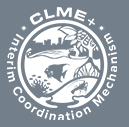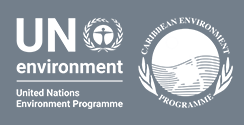
Challenges to Implementing Regional Ocean Governance in the Wider Caribbean Region
For over two decades, the countries, subregional and regional level intergovernmental organizations in the Wider Caribbean Region (WCR) have been engaged in an initiative to implement a regional governance approach for managing the shared living marine resources of the Caribbean Sea and adjacent regions. Given the inherent socio-economic and geopolitical complexity of the region, this approach has been recognized as essential to address the challenges associated with the interconnected nature of shared ecosystem goods and services upon which countries in the region depend. This paper uses a retrospective lens to shed light on the challenges confronting the region and its efforts to overcome them. It is based on the Large Marine Ecosystem Governance Framework developed specifically for the WCR in 2006 and characterized as “learning by doing.” Data were obtained for this study through desktop review of published literature documenting progress over the period 2001–2021 and insights requested from 15 key individual and institutional contributors involved in the initiative. While the lack of financial resources was an underpinning and cross-cutting issue, key constraints identified were categorized as institutional, capacity building, awareness raising, leadership, legal, political, social capital, or socio-cultural. They include national capacity to engage with regional level processes due to a variety of factors including funding, political, and institutional challenges of developing a regional coordination mechanism, engaging the broader ocean community to create the critical mass needed, the difficulty of mainstreaming ocean affairs into high level political and decision-making fora and the scarcity of local, national and regional technical and political champions. This paper advances understanding of the barriers to be overcome in highly complex socio-politically developing regions if regional ocean governance initiatives are to play the essential role identified in the 2030 Sustainable Development Agenda, reaping the sustainable benefits of a blue economy.
 4
4


 Report issue
Report issue






















